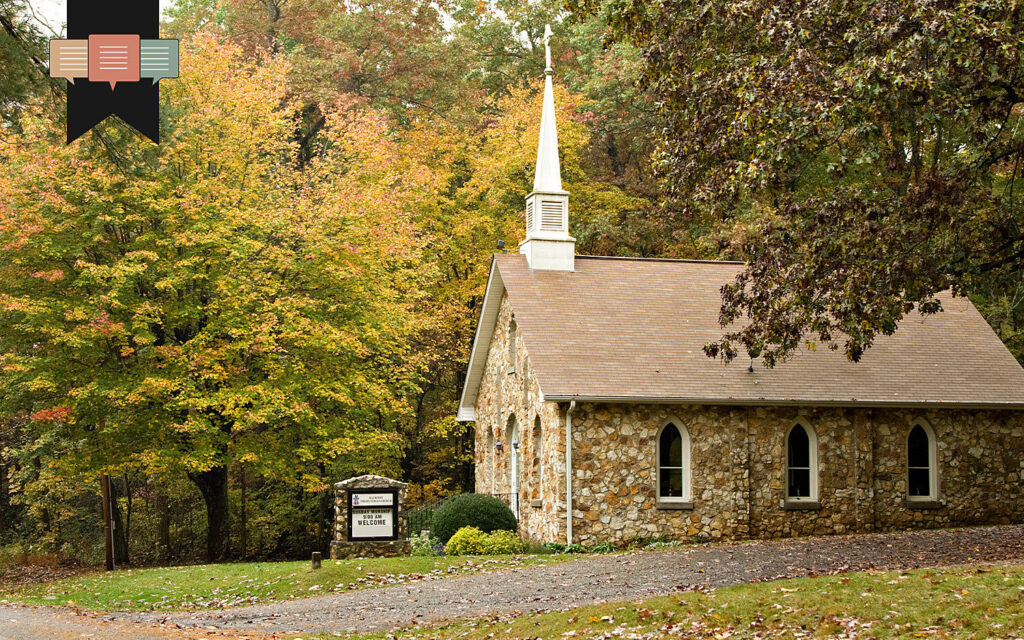
Published September 28, 2023
Why is it that conservatives always seem to lose? Sure, we get the occasional electoral success or judicial victory, but for at least the past generation, it’s felt like one step forward, two steps back. Cultural battle after cultural battle has gone to the left—on pornography, same-sex marriage, transgenderism, and more. Even the generational triumph of Dobbs seems to have been followed by a slew of setbacks at the state level, as pro-abortion activists have outmaneuvered or out-messaged the pro-life cause in a slew of ballot initiatives and court cases.
We could certainly identify specific causes of failure in many of these particular battles. We could also point to the overwhelming opinion-shaping power of left-leaning educational and media institutions, which can leave conservatives feeling like David facing Goliath more often than not. Worse still, the very tide of civilization seems to be flowing against us, as we find ourselves more and more enmeshed in a technological age that seems determined to remake nature to suit the basest whims of human desire.
All this is true, but perhaps there is another fundamental factor at work: Conservatives don’t make good activists.
Click here to continue reading.
Brad Littlejohn (Ph.D., University of Edinburgh) is the founder and president of the Davenant Institute. He also works as a fellow at the Ethics and Public Policy Center and has taught for several institutions, including Moody Bible Institute–Spokane, Bethlehem College and Seminary, and Patrick Henry College. He is recognized as a leading scholar of the English theologian Richard Hooker and has published and lectured extensively in the fields of Reformation history, Christian ethics, and political theology. He lives in Landrum, S.C., with his wife, Rachel, and four children.
Brad Littlejohn, Ph.D., is a Fellow in EPPC’s Evangelicals in Civic Life Program, where his work focuses on helping public leaders understand the intellectual and historical foundations of our current breakdown of public trust, social cohesion, and sound governance. His research investigates shifting understandings of the nature of freedom and authority, and how a more full-orbed conception of freedom, rooted in the Christian tradition, can inform policy that respects both the dignity of the individual and the urgency of the common good. He also serves as President of the Davenant Institute.











